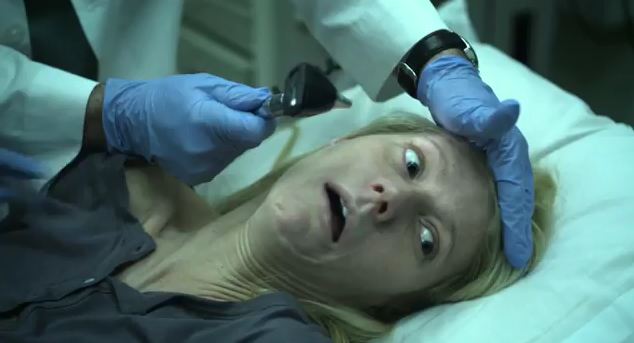Search This Blog
About FILMS: going, criticism, craft, festivals, etc, by Mr. Whiplash (aka Jack Gattanella).
Posts
Showing posts from December 25, 2011
The storm is coming.... of NETFLIX REVENGA!!
- Get link
- X
- Other Apps
Faces of Top ELEVEN of 2011 (see what I did there?)
- Get link
- X
- Other Apps
Martin Scorsese's GEORGE HARRISON: LIVING IN THE MATERIAL WORLD
- Get link
- X
- Other Apps
Martin Scorsese's HUGO (on 1st viewing)
- Get link
- X
- Other Apps



